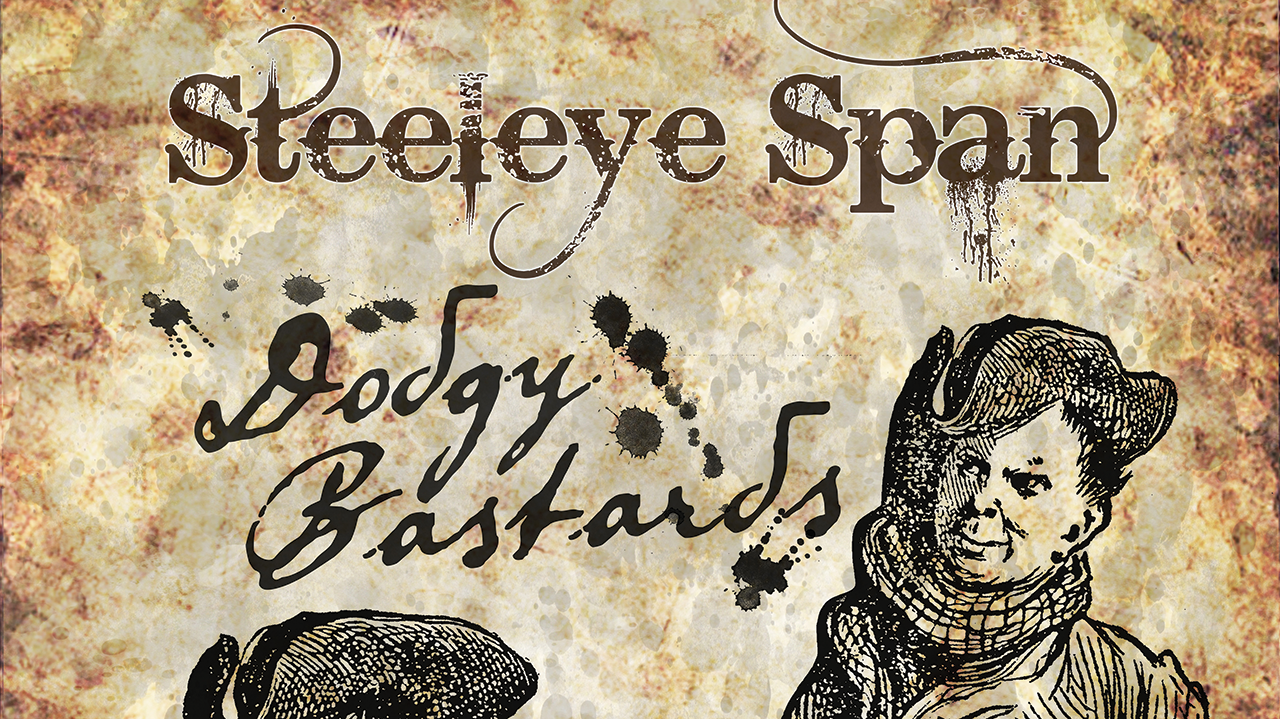After 2013’s Wintersmith, inspired by the writings of Terry Pratchett, Steeleye Span have gone back to their roots, revisiting the library of songs collected by Francis Child in the late 1800s. (As its name suggests, the title track isn’t one of these old ballads; it’s in fact a knuckle-busting instrumental medley.)
Back in the early 1970s, as Steeleye Span were gaining popularity and folk rock was developing alongside progressive rock, they noted the challenge of playing traditional music – which was originally just vocal and could stretch to any number of verses – as band music, and with rock dynamics. Cruel Brother exemplifies their continuing creativity in shaping their source material. Most of the band sing and at the start, Maddy Prior leads the a cappella harmonies. A loping rock groove with a few tricky jig-like flourishes takes over, with bass guitarist Rick Kemp and drummer Liam Genockey clearly enjoying themselves, before they decelerate en masse and drop out, leaving a haunting section of just Prior and Jessie May Smart’s violin. Then the vocalists and the whole band rejoin, with some different melodic inflections, in a brilliantly constructed eight-minute song that rivals anything they’ve done before.
- Steeleye Span's Maddy Prior on Cropredy, the 70s and boozing with Status Quo
- Steeleye Span in Somewhere Along The Road promo
- Steeleye Span: Catch Up
- Steeleye Span Live In Bristol
The chilling press gang abduction ballad All Things Are Quite Silent is played sparsely on acoustic guitars and violin, while Johnnie Armstrong is given a more muscular treatment, with Julian Littman taking over lead vocals as they shift through some tricky metres.
Being a ‘folk rock purist’ would be oxymoronic for as soon as you add instrumentation to folk music, it leaves its pure form. Steeleye Span have taken some major liberties along the way and it’s interesting to compare their versions of Bedlam Boys. They first recorded it on 1971’s Please To See The King, where it was driven on by Martin Carthy’s electric guitar. It was thought quite radical at the time, but now sounds quite ancient. Here that same song comes with banshee fiddle wails, riffy convolutions, power chords and a funky coda.
Dodgy Bastards is an imaginative, energised collection of 21st-century electric folk, although when Littman and Sinclair’s rhythm guitars adopt a sub-metal chug, it sounds both generic and anomalous. There are times when the playing feels a bit too flash for the material, and in terms of soloing, we occasionally seem to be heading for a shredding. That never quite transpires, but the hammer-on guitar solo at the end of Cromwell’s Skull feels way out of place, like the style has already dated and become a cliché, whereas there’s still considerable mileage left in the album’s older rock forms.

